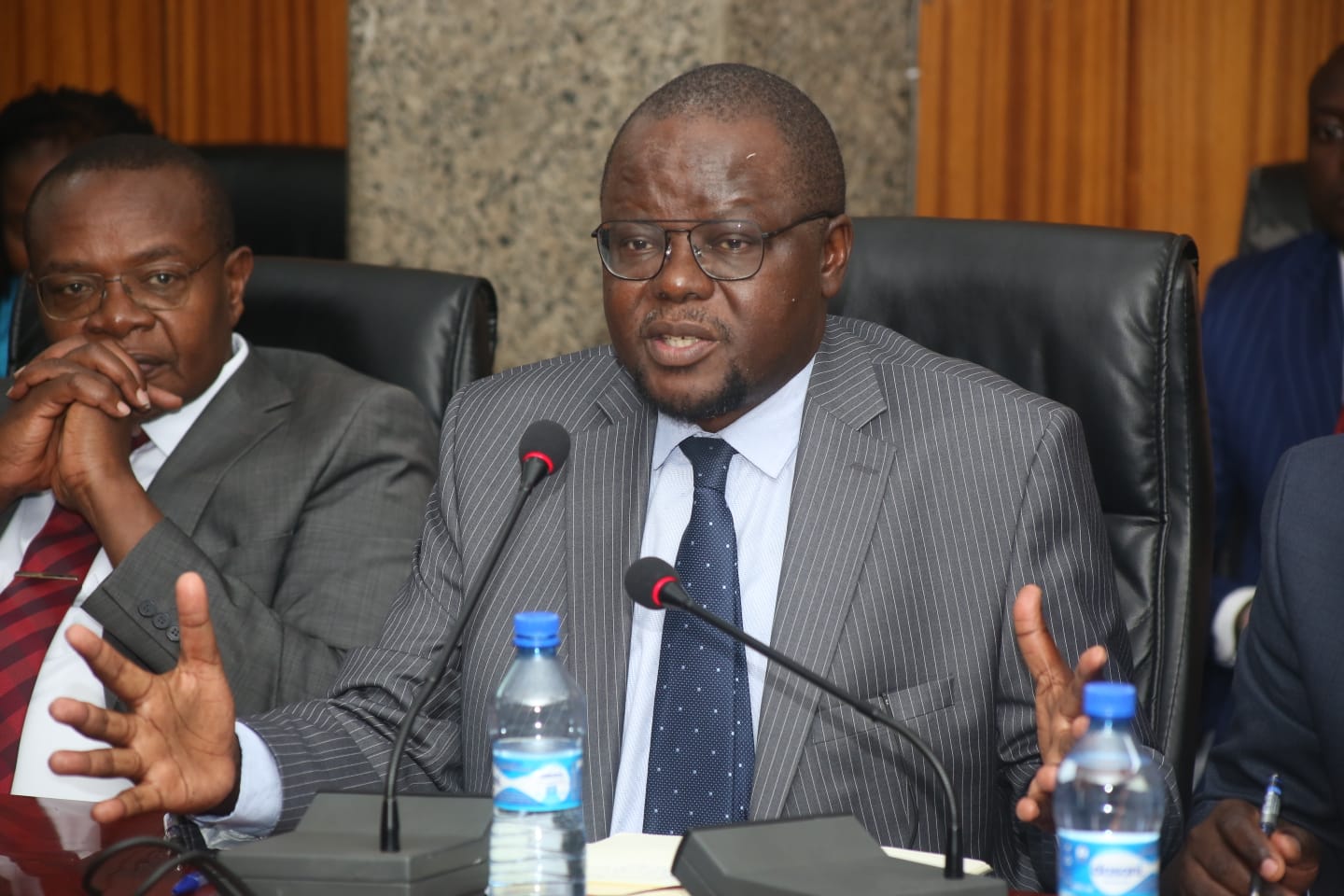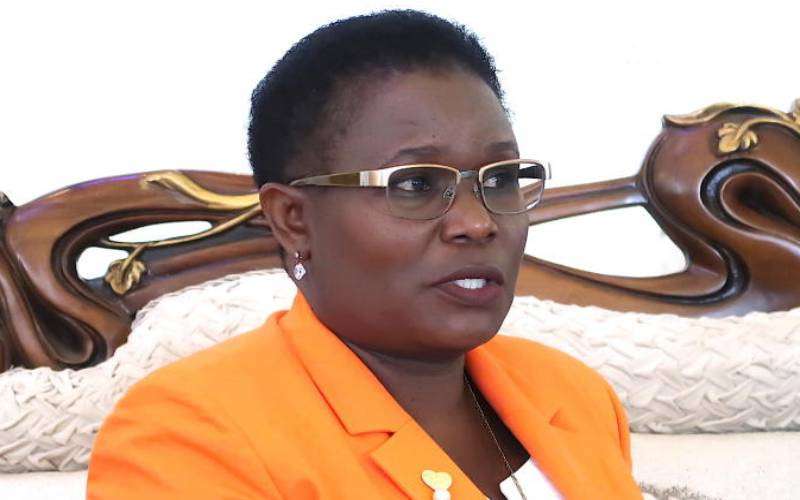The transfer will see some functions currently managed by national government agencies become redundant, necessitating legislative reviews by the National Assembly and Senate to harmonise existing laws with the devolved structure
By The Weekly Vision Team
Kenya’s devolution journey is poised for a significant milestone, with the Intergovernmental Relations Technical Committee (IGRTC) announcing that all remaining devolved functions, valued at KSh 150 billion, will be transferred to county governments by July 2026. This move is expected to enhance service delivery and empower counties to fulfil their constitutional mandates in key sectors such as trade and investment, education, and health.
The IGRTC, tasked with coordinating relations between national and county governments, has completed the verification and costing of these functions, culminating in a legal notice published on 16 December 2024. The notice outlines responsibilities earmarked for transfer, ensuring that financial and human resources are aligned with each function. According to IGRTC Chief Executive Officer Kipkurui Chepkwony, the process was guided by the Fourth Schedule of the 2010 Constitution and involved extensive consultations with stakeholders from both levels of government.
“This is a progressive step towards full implementation of devolution,” Chepkwony said. “We are now engaging principal secretaries from affected ministries to finalise resource allocation, paving the way for financial transfers in the 2026/27 budget cycle, ending 30 June 2027.”
The transfer will see some functions currently managed by national government agencies become redundant, necessitating legislative reviews by the National Assembly and Senate to harmonise existing laws with the devolved structure. IGRTC Vice Chairperson Saadia Kontoma highlighted that 94 pieces of legislation with gaps hindering devolution were identified during the unbundling process. “These legal shortcomings have been a barrier to devolution’s full realisation and must be addressed to align with Kenya’s devolved governance system,” she noted.
In the education sector, the IGRTC has unbundled 52 elements, designating them as exclusive county responsibilities, while the national government retains oversight of policy, standards, curricula, and examinations. This delineation aims to clarify roles and bring services closer to citizens, as envisioned in the Constitution. Similar clarity has been achieved in trade and investment and health, with validation exercises in these sectors completed without disputes, a rare feat given the historically contentious relationship between national and county governments.
Devolution Principal Secretary Michael Lenasalon described the process as a “progressive journey” from initiation to full implementation. “Unbundling roles ensures that services are delivered efficiently at the appropriate level of government,” he said.
The announcement comes amid long-standing tensions over devolved functions, with counties frequently accusing the national government of retaining roles and resources worth billions. As of 2023, the national government held functions valued at KSh 272.2 billion, including 45 health elements and 19 trade elements, sparking disputes over funding and authority. The Council of Governors (CoG) has consistently opposed attempts to reduce county budgets, such as a proposed KSh 5 billion cut in the 2024/25 financial year.
However, the IGRTC’s collaborative approach has fostered consensus, with top state and county officers resolving standoffs through dialogue. “The validation exercise has been successful, with no disputes in the three sectors,” stated a dispatch from a recent IGRTC-led meeting.
President William Ruto, speaking in December 2024, reaffirmed the government’s commitment to devolution, ordering the transfer of all devolved functions’ budgets despite fiscal challenges. The Senate’s Devolution Committee has also demanded a valuation update by September 2025 to ensure counties receive adequate resources.
While the transfer promises improved governance, challenges remain. Counties must build capacity to manage new responsibilities, and the national government must honour funding commitments to avoid unfunded mandates, as seen in past cases like Early Childhood Development and Education (ECDE). Public sentiment, as expressed on social media platforms, reflects cautious optimism but urges counties to secure funding before assuming roles.
As Kenya approaches this critical juncture, the successful transfer of devolved functions could redefine governance, bringing services closer to the people and fulfilling the promise of devolution enshrined in the 2010 Constitution.





